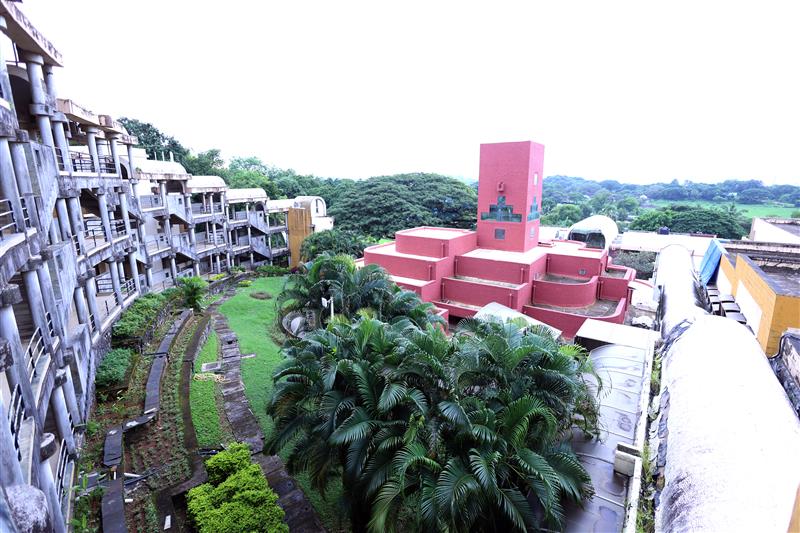About
History
Indira Gandhi Institute of Development Research (IGIDR) is an advanced research institute established and fully funded by the Reserve Bank of India for carrying out research on development issues from a multi-disciplinary point of view.
IGIDR was registered as an autonomous society on November 14, 1986, and as a public trust in January 1987. On December 28, 1987, the campus was inaugurated by Late. Shri Rajiv Gandhi, the then Prime Minister of India. Subsequently, the Institute was recognized as a Deemed University under Section 3 of the UGC Act in 1995.
Starting as a purely research institution, it rapidly developed into a full-fledged teaching cum research organization when it launched a Ph.D. program in the field of development studies in 1990. The objective of the Ph.D. programme is to produce researchers with diverse disciplinary backgrounds who can address issues of economics, energy and environment policies. In 1995, the institute initiated the M. Phil programme, which was discontinued from 2020 in line with UGC regulations. The M.Sc. programme commenced in 2003 to introduce students to the world of research at an earlier stage.
At present the Institute has about 213 employees and students that include about 17 full time faculty members, one Emeritus Professor, one Visiting Professor and 20 non-academic staff and about 174 M.Sc./PhD students.
Architecture of the Institute
The campus spread across 14 acres in Goregaon (East), Mumbai, whose architecture is inspired by the historical Elephanta and Jogeshwari caves, integrates academic, residential, and recreational spaces within a green, landscaped setting. The architecture harmoniously blends modern design with natural surroundings, creating a serene and functional environment for research and learning. Its concrete structures, open courtyards, and large windows emphasize light, ventilation, and sustainability, while facilities such as the state-of-the-art library, seminar halls, hostels, and faculty housing foster a close-knit academic community.


